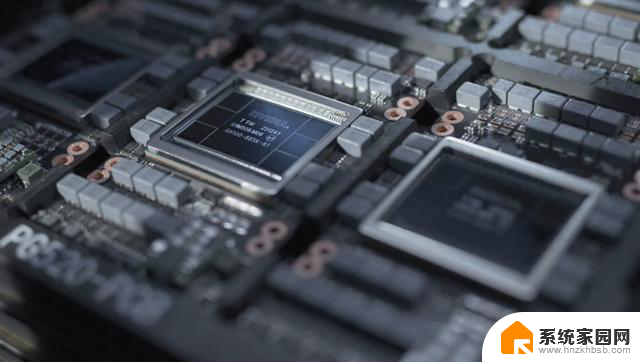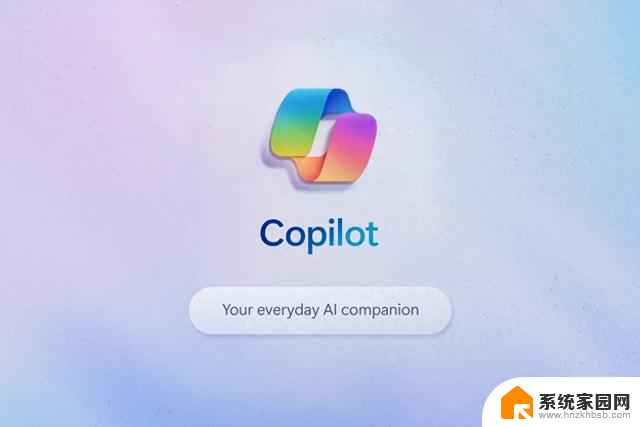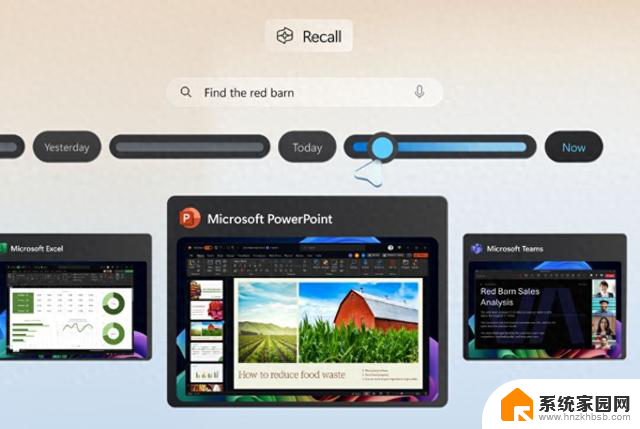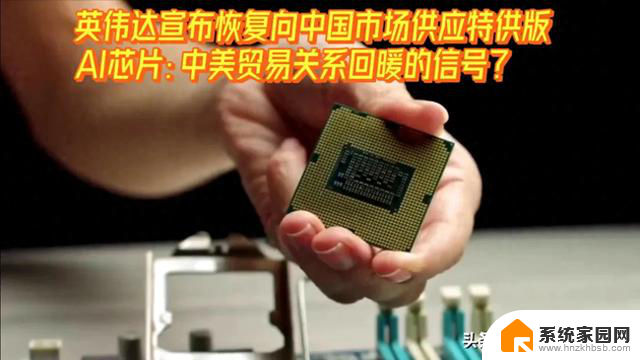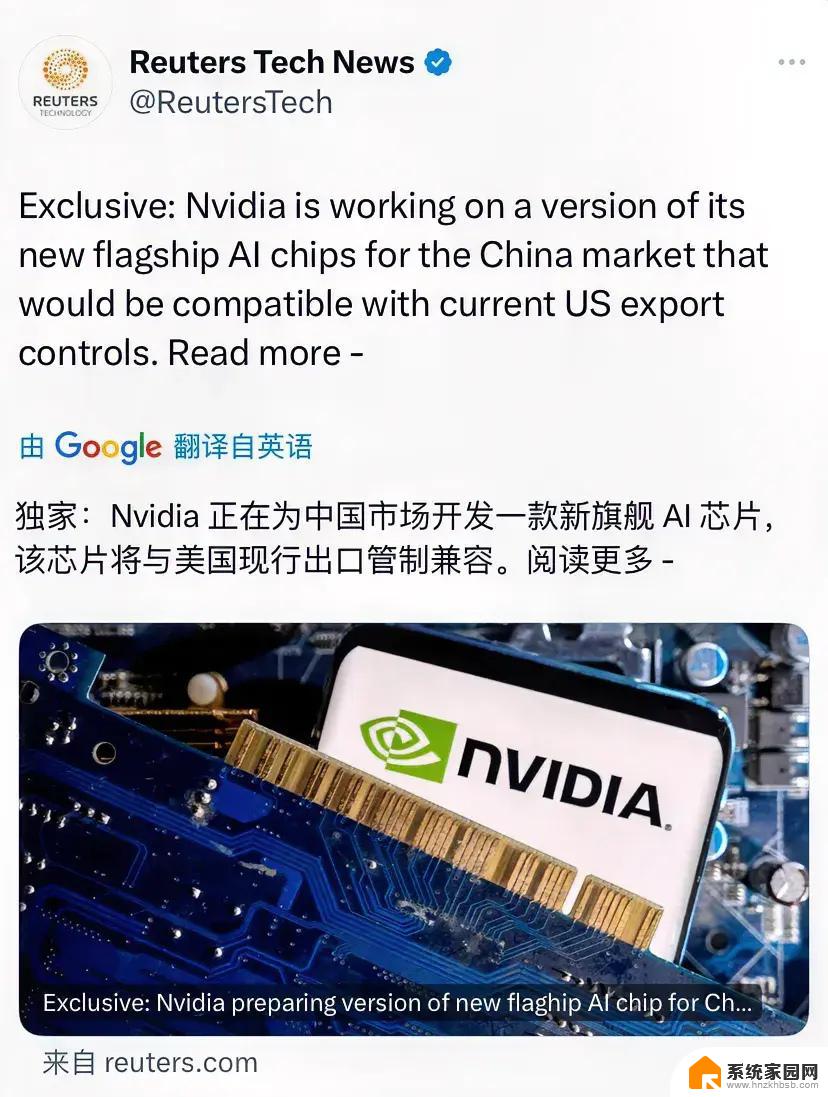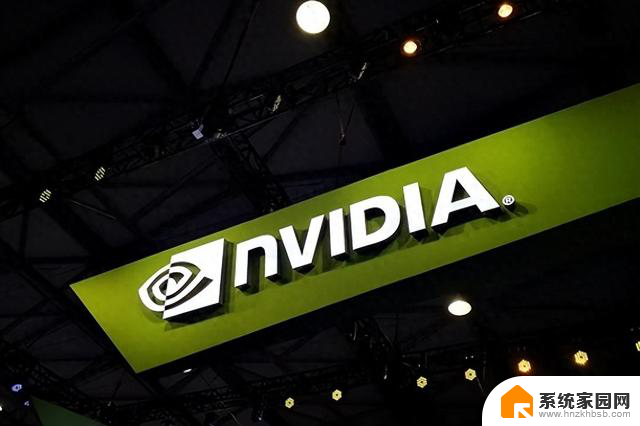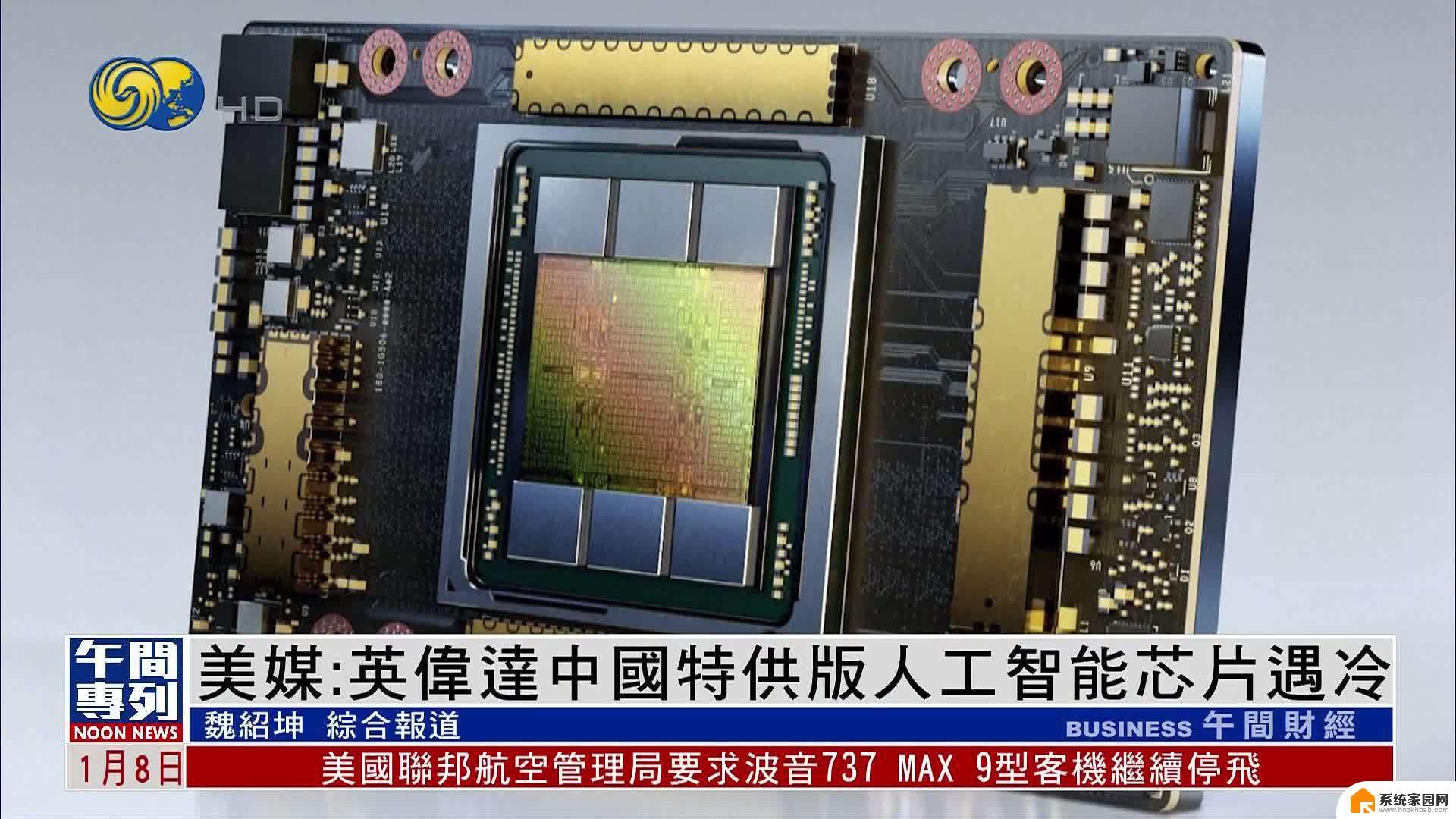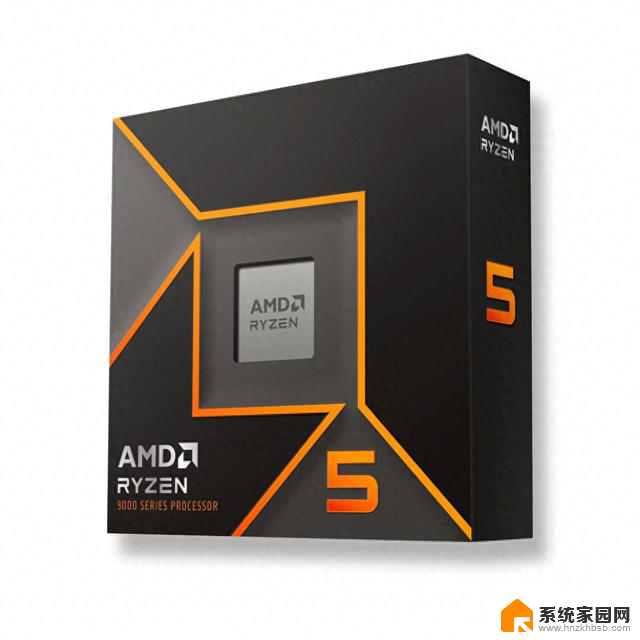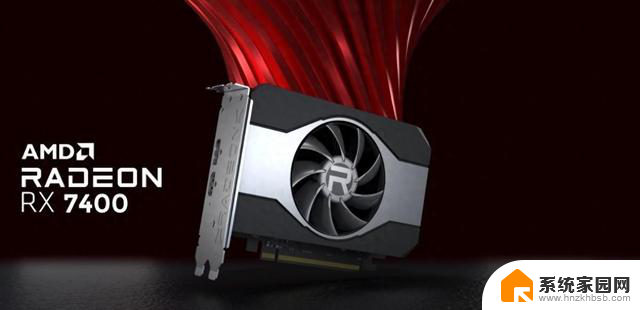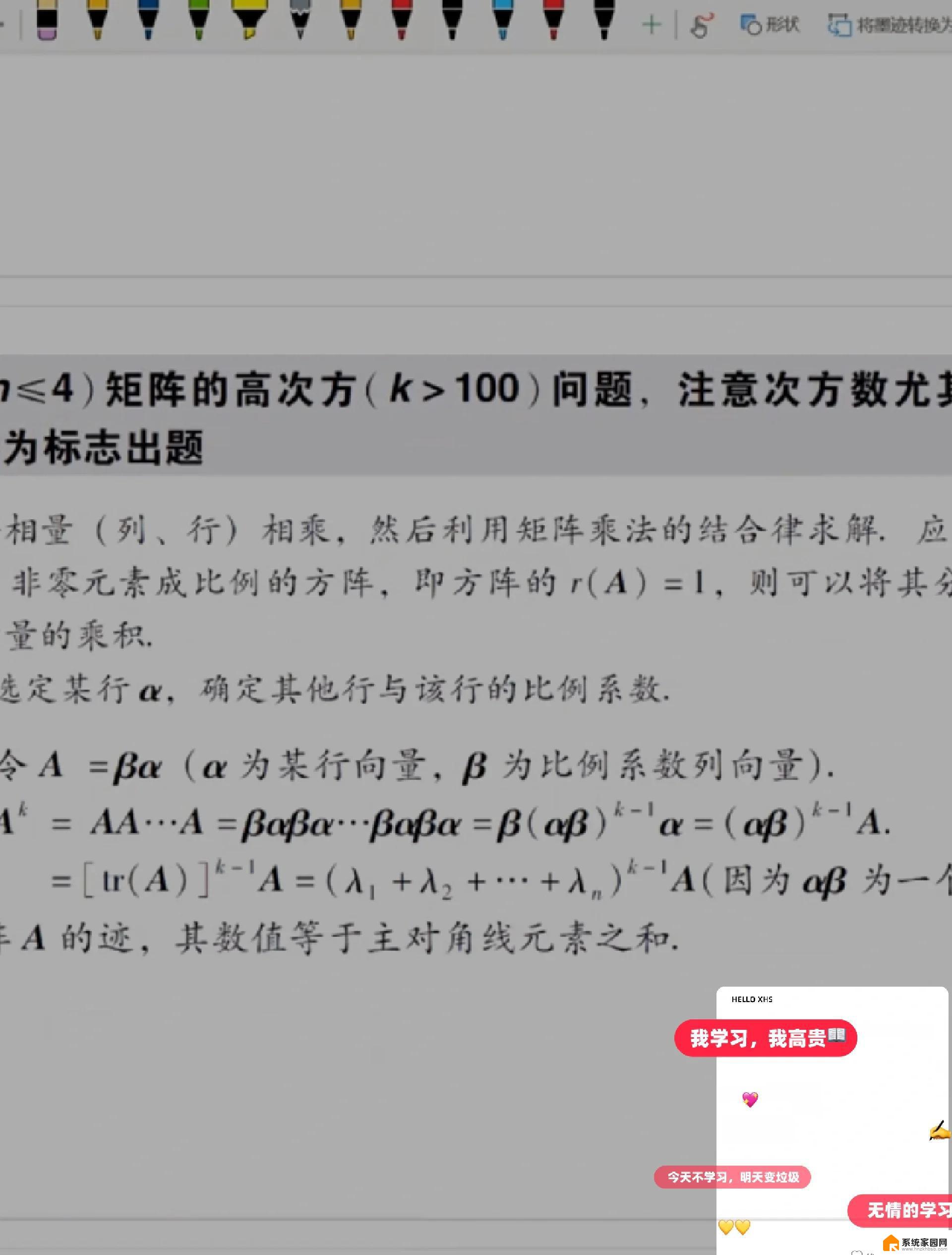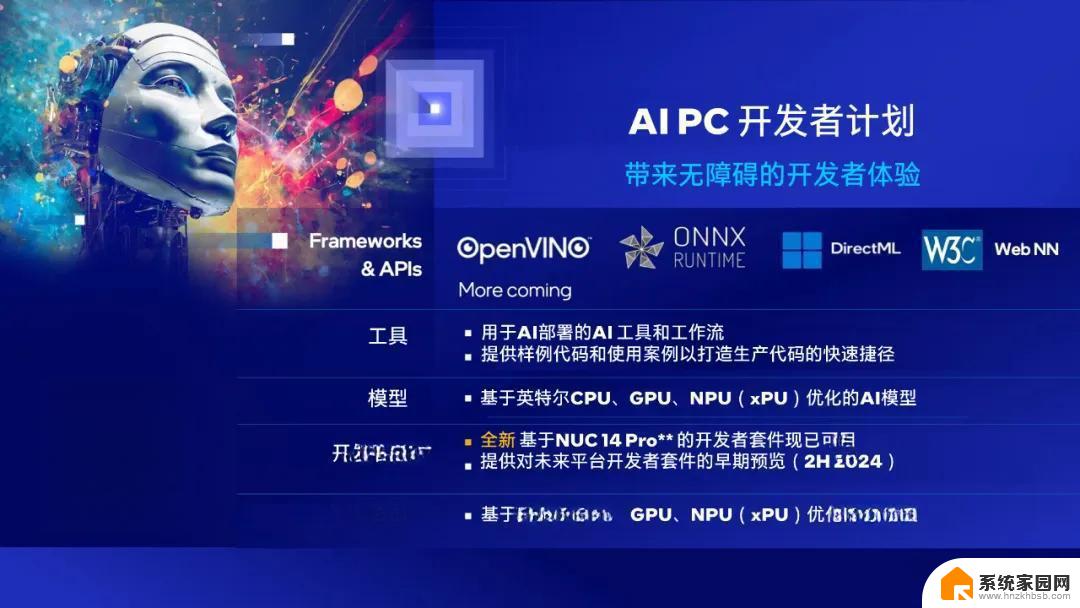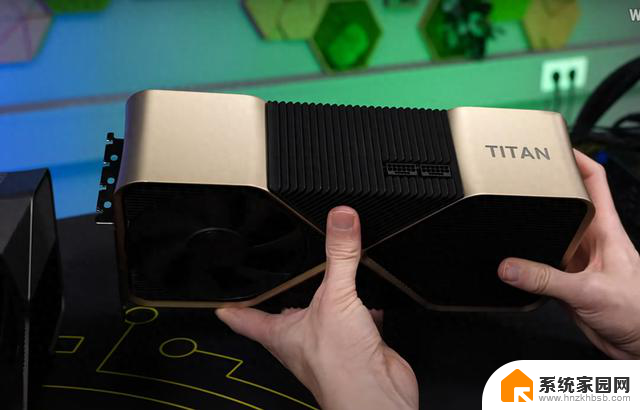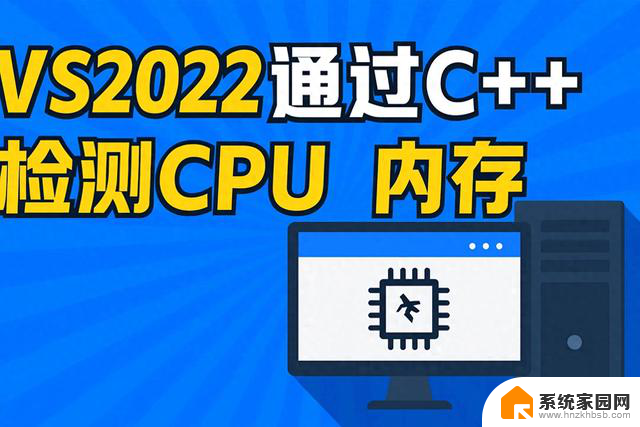Nvidia宣布推迟为中国定制的新AI芯片发布
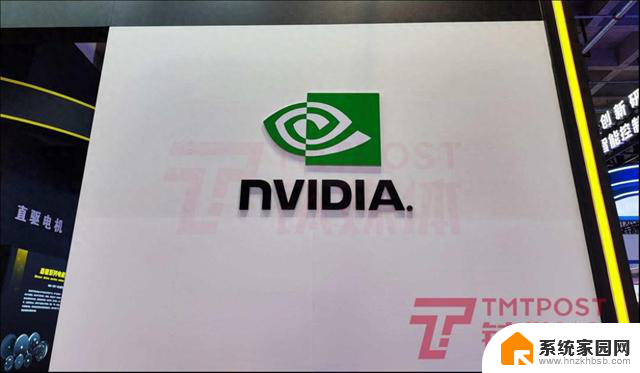
Credit:TMTPost
Nvidia told customers it is delaying the launch of H20, the most powerful of three new chips for the Chinese market until the first quarter of next year, Reuters reported, citing two sources familiar with the matter. The sources said the delay was due to issues that took place in server manufacturers’ integrating the chip, and one of them said the launch could be pushed back to February or March. Nvidia was said to launch the L20, another new chip it is planning to follow new U.S. export controls, as the original schedule. And these sources are unable to share status of the L2, one of the three new chips. Nvdia didn’t respond to the report.
Nvidia is dominating the market for AI chips, which empower AI systems including the large language model behind ChatGPT. The Santa Clara, California-based company has modified some of flagship products including A100 and H100 for exports to China, including an alternative A800 chip, as the U.S. regulators last year banned it from selling its most advanced chips to China. But even A800, the weakened version of Nivida’s cutting-edge A100 processor, is not allowed for export without first obtaining a license according to the new restrictions.
The U.S. Department of Commerce introduced a new rule on October 17 to limit China’s access to advanced semiconductors that could fuel breakthroughs in AI and sophisticated computers. The rule was supposed to come into effect following a 30-day public comment period. But Nvidia disclosed on that the U.S. government informed October 23 that the licensing requirements of the rule, applicable to products having a “total processing performance” of 4800 or more and designed or marketed for datacenters, were effective immediately.
A spokesman for Nvidia said late October that the company is seeking additional supply of advanced AI computing system, which use chips affected by the latest rule. The person said that the new export control will not have a meaningful impact in the near future. The Wall Street Journal reported right after the spokesperson’s remark that Nvidia could lose orders worth of $5 Billion in China due to the latest chip export control. The report said Nvidia could be forced to cancel next year orders from Chinese buyers. It suggested the company may face a hit of at least $5 billion as orders from major Chinese companies next year exceeded $5 billion. Chinese leading AI and cloud-computing companies including Alibaba Group, TikTok parent ByteDance, Baidu had made large orders for delivery next year, according to the report.
TMTPost and many other Chinese news media outlets reported reported earlier this month that Nvidia has developed a new set of chips specially for China, and could release all of the new offerings-- HGX H2,L20 PCle and L2 PCle as soon as November 16. these varieties of its flagship H100 graphics processing unit (GPU)are said to comply with the latest U.S. export curbs and will be delivered as replacements for the A800 and H800. TMTPost learned that all the new chips are weakened version. Compared with H100, the HGX H20 has limitations on bandwidth and computing speed, and its overall computing power is about 80% less than that of H100, namely, the comprehensive computing performance of H20 is equal to 20% of H100.
At an earnings call last week, Nvidia Chief Financial Officer (CFO) Colette Kress warned sales to China and other destinations that are subject to the latest U.S. export restrictions “will decline significantly in the fourth quarter of fiscal 2024”, though the company believes the drop will be more than offset by strong growth in other regions. Kress noted China and other aforementioned affected regions have consistently contributed about 20% to 25% of data center segment revenue over the past few quarters.
Kress said Nvidia is working with customers in China and other affected regions to try to secure permission to deliver some of its products and on solutions that won’t trigger restrictions. The executive confirmed that Nvidia will develop new compliant chips tailored for China market, but noted those won’t have material contributions to revenue in the current quarter. "Export controls will have a negative effect on our China business, and we do not have good visibility into the magnitude of that impact even over the long term," Kress told analyst.
